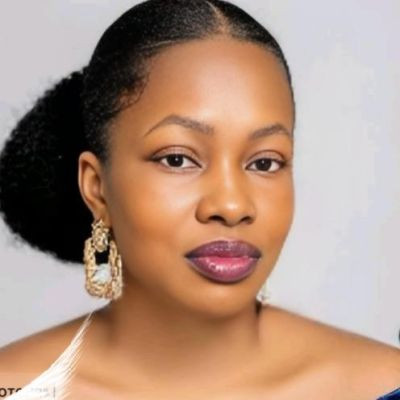My Response To an Afrocentrist On Black Egyptians
This is my definitive response to the channel Kuelimika.
Link to the video I'm responding to:
https://www.youtube.com/watch?v=I95eOF-Mkwk
Link to my original video he reponded to:
https://www.youtube.com/watch?v=jnGfzEj12mk
Afrocentricity is an academic theory and approach to scholarship that seeks to center the experiences and peoples of Africa and the African diaspora within their own historical, cultural, and sociological contexts.[1][2][3][4] First developed as a systematized methodology by Molefi Kete Asante in 1980, he drew inspiration from a number of African and African diaspora intellectuals including Cheikh Anta Diop, George James, Harold Cruse, Ida B. Wells, Langston Hughes, Malcolm X, Marcus Garvey, and W. E. B. Du Bois.[1] The Temple Circle,[5][6] also known as the Temple School of Thought,[6] Temple Circle of Afrocentricity,[7] or Temple School of Afrocentricity,[8] was an early group of Africologists during the late 1980s and early 1990s that helped to further develop Afrocentricity, which is based on concepts of agency, centeredness, location, and orientation.[5]
Definition
Afrocentricity was coined to evoke "African-centeredness", and, as a unifying paradigm, draws from the foundational scholarship of Africana studies and African studies.[3][9] Those who identify as specialists in Afrocentricity, including historians, philosophers, and sociologists, call themselves "Africologists"[10][11] or "Afrocentrists."[12][13][11] Africologists seek to ground their work in the perspective and culture common to African peoples, and center African peoples and their experiences as agents and subjects.[14]
Ama Mazama defined the paradigm of Afrocentricity as being composed of the "ontology/epistemology, cosmology, axiology, and aesthetics of African people" and as being "centered in African experiences", which then conveys the "African voice". According to her, Afrocentricity incorporates African dance, music, rituals, legends, literature, and oratures as key features of its expository approach. Axiological features of Afrocentricity that Mazama identifies include explorations of African ethics, and the aesthetic aspects incorporate African mythology, rhythm, and the performing arts. Mazama also argues that Afrocentricity can integrate aspects of African spiritualities as essential components of African worldviews. Mazama sees spirituality and other intuitive methods of acquiring knowledge and emotional responses used in the paradigm as a counterbalance to rationality, and firsthand experience of these cultural and spiritual artifacts can inform Afrocentricity.[3] Mazama indicates that many of the terms and concepts used in Afrocentricity are meant to shift the conceptual status of Africans from being objects that are acted upon to subjects who are agents that act.[15]
In contrast to the hegemonic ideology of Eurocentrism, the paradigm of Afrocentricity is argued by Africologists to be non-hierarchical and pluralistic and not intended to supplant "'white knowledge' with 'black knowledge'". As a holistic multidisciplinary theory with a strong focus on the location and agency of Africans, Afrocentricity is designed not to accept the role of subaltern prescribed to Africans by Eurocentrism. An important aspect of Afrocentricity is therefore a deconstruction and criticism of hegemony, racism, and prejudice.[1]
Africologists, who produce Afrocentric academic works, identify their professional field as Afrocentricity – not Afrocentrism. Crucially, not all academic works that focus on African or African-American topics are necessarily Afrocentric and neither are works on melanist theories nor those rooted in matters of color of the skin, biology, or biological determinism; this means that some claims to Afrocentricity are not strictly part of the paradigm, and certain critiques of supposedly Afrocentric ideas may not be critiques of Afrocentricity per se.
#metatron #blackegypt #response























